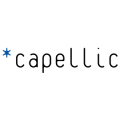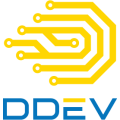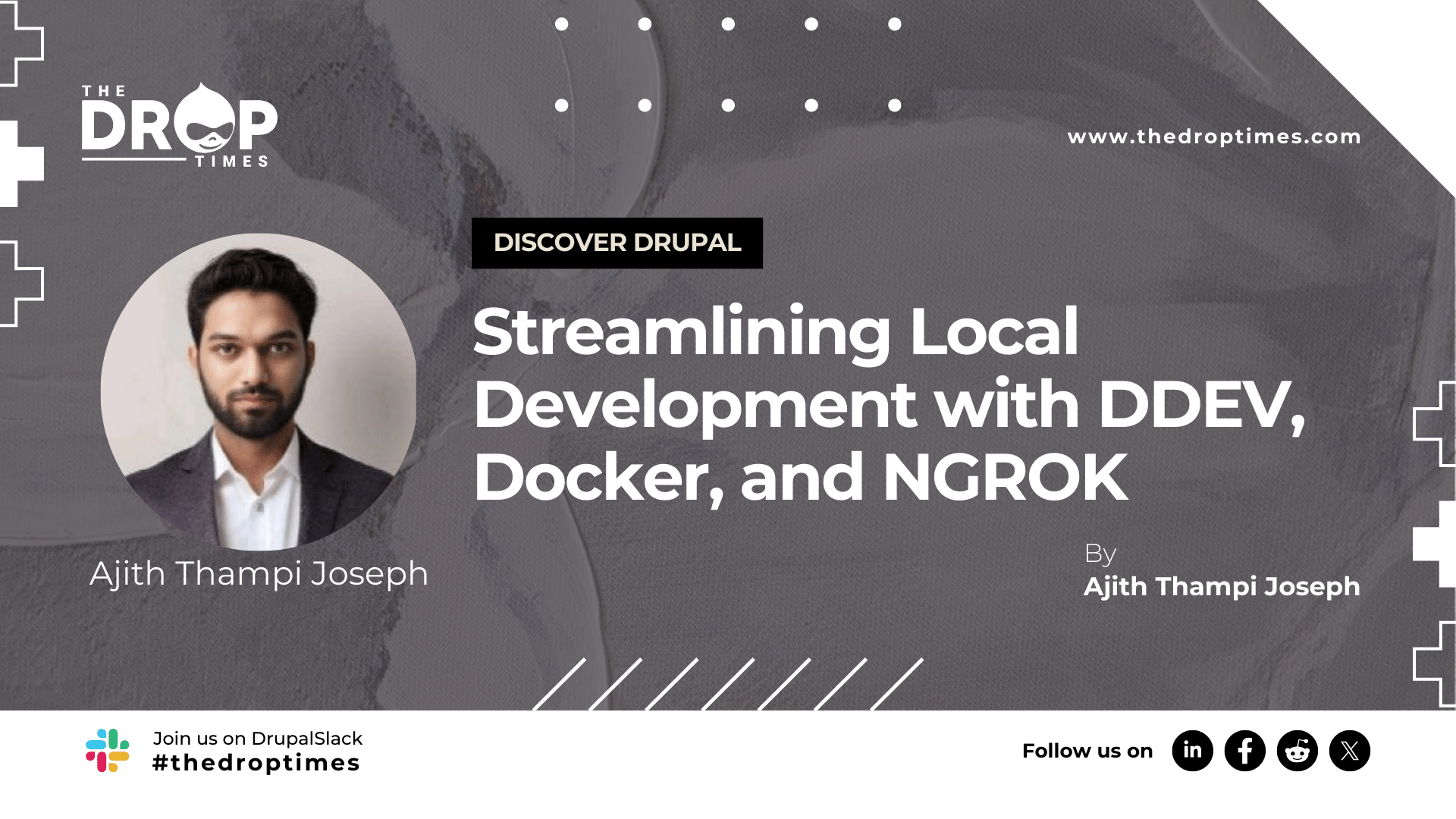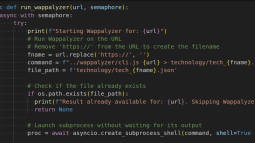Efficient Drupal Development in the Cloud: A Practical Gitpod Guide
Capellic's Stephen Musgrave recently penned a tutorial outlining the process of developing Drupal websites in a cloud-based environment using Gitpod, DDEV, Bitbucket, and hosting on Pantheon. The comprehensive guide, reflective of Capellic's chosen technology stack, provides a systematic walkthrough for Gitpod setup, Pantheon Terminus machine token creation, installation of a browser extension for streamlined Bitbucket integration, and DDEV configuration. Musgrave underscores the guide's applicability to GitLab and GitHub users and its adaptability for those not utilizing Storybook or Emulsify.
Reflecting on six months of experience with this configuration, the tutorial acknowledges imperfections while lauding its efficacy in seamlessly creating and restarting ephemeral workspaces. The tutorial culminates with instructions on Gitpod launch and merging changes into the main branch, marking the successful establishment of a cloud-based development environment for Drupal websites.
Title: Developing Drupal Websites in the Cloud using Gitpod
Byline: Stephen Musgrave
Date of Publication: December 18, 2023
Organization: Capellic
URL: https://capellic.com/2023/12/18/developing-drupal-websites-in-the-cloud-using-gitpod/
Disclaimer: The opinions expressed in this story do not necessarily represent that of TheDropTimes. We regularly share third-party blog posts that feature Drupal in good faith. TDT recommends Reader's discretion while consuming such content, as the veracity/authenticity of the story depends on the blogger and their motives.
Note: The vision of this web portal is to help promote news and stories around the Drupal community and promote and celebrate the people and organizations in the community. We strive to create and distribute our content based on these content policy. If you see any omission/variation on this please let us know in the comments below and we will try to address the issue as best we can.




























